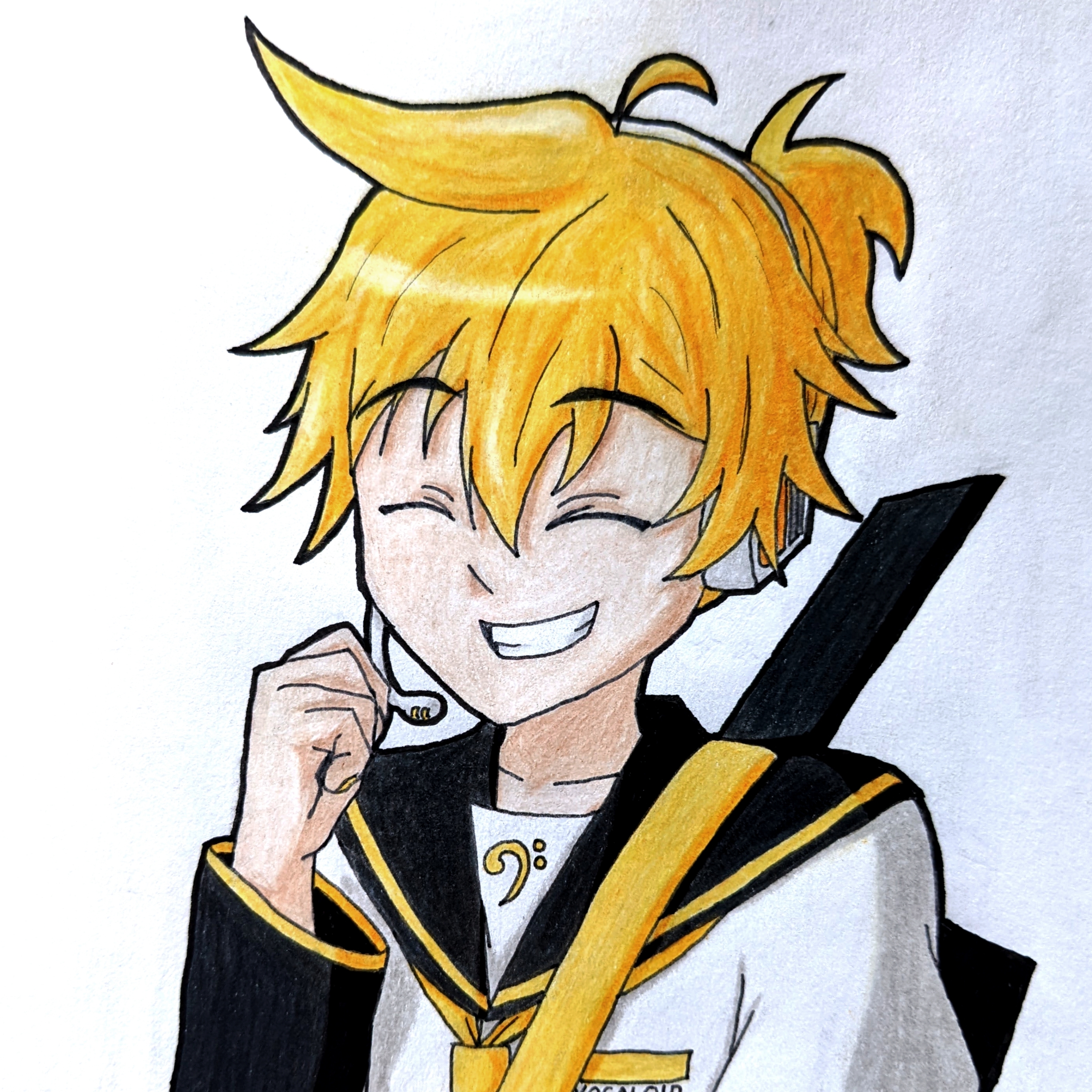It seems like it’s every day that I get advice that is aimed at beginner learners, like how to learn kana, or to pick up Genki or Minna no Nihongo, or use an app like Duolingo or Lingodeer. However, I’m closer to intermediate level (approximately N3, maybe N2), and I’m kind of stumped when it comes to studying.
For example, one of the most common pieces of advice I get is to immerse myself in the language, for example by playing games or watching movies/anime in Japanese. However, that method does get really frustrating in many ways. For example, when there are no closed captions available for Japanese movies, which makes understanding much harder, especially if the characters speak very quickly. Another nuisance this method has, is when I have to look up a word or two for every single sentence I hear/read. This is made even more annoying when a certain word contains complicated kanji, so I have to type it into the dictionary radical by radical. Doing that so often can be a real pain in the backside and suck the enjoyment out of the game/film. And also, it gets even tougher when I come across some slang or colloquial expression, or onomatopoeia, or a grammar structure I haven’t heard of before. During these times, I’m not very sure how to look those up, since I’m most likely not going to find these in the dictionary I use.
Moreover, I’m not quite sure how to learn vocabulary with this method of media consumption, since it’s not uncommon for me to encounter a word once or twice and then never again, making it difficult to remember. I’d learn it with flashcards, but 1, making flashcards takes a long time. And 2, it gets quite boring, and I tend to forget words very easily, even with Anki.
I also heard of advice saying I should pick up an advanced textbook, like Tobira. However, the grinding aspect of just translating sentences into a specific grammar pattern repeatedly always felt boring. Even with Genki, I kinda just speedran/skimmed through the exercises, made notes out of the grammar explanations, and solidified what I learned through graded readers (which were still a pain, because they weren’t very interesting to read, to be honest).
I have a feeling that despite being given these pieces of advice, there must be a wrong and right way of using them. So, I think I might be misusing the advice I’ve been given (either that, or I’ve been given the wrong advice, which I kind of doubt).
If anyone out here can give me corrections on how to study correctly, as well as perhaps giving new advice, would be very much appreciated. 読んでくれてありがとうございました。


It depends what you want to learn, just improving your Japanese level overall is a hard thing to do. You have to break it down into reading comprehension, writing, listening and speaking. For reading comprehension and writing I’d say get an intermediate book like Tobira but if you don’t want to do that pick up a relatively easy 小説 and work through that. Note down grammar and vocab you don’t know and make an effort to properly understand everything. It’ll be a lot to get through at first but you’ll speed up quickly.
I like to do listening passively as well as actively. There’s plenty of listening exercises on YouTube and better ones that come with textbooks. There’s also a really good podcast for around your level called にほんごザッツ談 that is great for passive listening. Music and TV even with the subtitles on definitely helps.
For speaking there really only is speaking to native people. You can get teachers online to do video calls with or use the app HelloTalk for free to meet people. I did this for about a year before I came to Japan and it really helps. It gets you used to talking on the phone, texting in a normal way. And some people will want to do proper lesson style calls where you can improve speaking a lot.